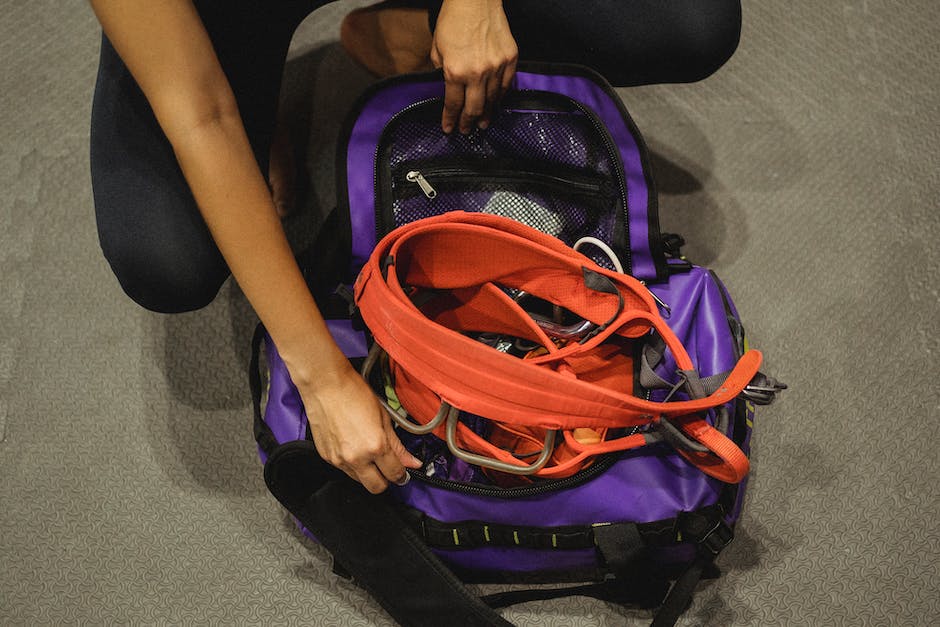How to Get Ready for Camping: A Comprehensive Guide
Are you ready to embark on a thrilling outdoor adventure? Camping is a fantastic way to reconnect with nature, spend quality time with your loved ones, and create lasting memories. As an experienced camper and a father of three, I have gathered a wealth of knowledge and insights over the years. In this comprehensive guide, I will share everything you need to know about how to get ready for camping. From choosing the perfect campsite to packing essential gear, this blog post will equip you with all the information you need to ensure a successful and enjoyable camping trip.
[recommendations keyword=’how-to-get-ready-for-camping’]
1. Research and Choose a Campsite
One of the first steps in preparing for a camping trip is to research and choose the perfect campsite. Consider the following factors when selecting your campsite:
- Location: Determine how far you’re willing to travel and whether you prefer a secluded wilderness area or a campground with amenities.
- Activities: Consider the activities you and your family enjoy, such as hiking, fishing, or swimming, and ensure that the campsite offers suitable options.
- Facilities: Decide if you prefer a campsite with facilities like restrooms, showers, and potable water, or if you’re willing to rough it with minimal amenities.
- Availability: Check the availability of your chosen campsite and make a reservation if necessary.
2. Plan Your Camping Meals
Food is an essential part of any camping trip. Properly planning your camping meals will ensure that you have delicious and nutritious options throughout your adventure. Here are some tips for planning your camping meals:
- Meal Ideas: Brainstorm a list of meals that are easy to prepare and cook over a campfire or portable stove. Think of camping classics like hot dogs, s’mores, and foil packet meals.
- Ingredients: Create a detailed shopping list and ensure you have all the necessary ingredients for your camping meals.
- Cooking Equipment: Pack the appropriate cooking equipment, such as a camping stove, pots, pans, and utensils.
- Food Safety: Take proper precautions to keep your food safe, such as packing a cooler with ice packs and storing perishable items at the correct temperature.
3. Gather Essential Camping Gear
Packing the right camping gear is crucial for a successful camping trip. Here is a list of essential camping gear you should consider:
- Tent: Choose a tent that accommodates the size of your family and the weather conditions of your camping destination.
- Sleeping Bags: Invest in high-quality sleeping bags that provide warmth and comfort during chilly nights.
- Camping Chairs and Tables: Bring camping chairs and tables for comfortable seating and dining.
- Cooking Equipment: Pack a camping stove, pots, pans, utensils, and other necessary cooking equipment.
- Cooler: Keep your perishable food items fresh with a sturdy and well-insulated cooler.
- First Aid Kit: Be prepared for any minor injuries or illnesses with a well-stocked first aid kit.
- Flashlights and Lanterns: Illuminate your campsite at night with reliable flashlights and lanterns.
- Outdoor Gear: Depending on your planned activities, consider bringing hiking boots, fishing gear, swimwear, and other outdoor essentials.
As an experienced camper, I highly recommend making a camping gear checklist to ensure you don’t forget any essential items. Tick off each item as you pack it, and double-check before leaving for your camping trip.
4. Prepare Clothing and Personal Items
Proper clothing and personal items are essential for a comfortable and enjoyable camping experience. Here are some tips to consider:
- Weather Conditions: Check the weather forecast for your camping destination and pack appropriate clothing for various weather conditions. Layering is key for versatile clothing options.
- Footwear: Choose sturdy and comfortable footwear that is suitable for hiking and walking on uneven terrain.
- Sun Protection: Pack sunscreen, hats, sunglasses, and other sun protection essentials.
- Toiletries: Bring travel-sized toiletries and biodegradable soaps to minimize environmental impact.
- Towels: Pack quick-drying towels that are lightweight and compact.
- Entertainment: Consider bringing books, board games, or outdoor games to keep everyone entertained during downtime.
Remember to pack these items in waterproof bags or containers, especially if you anticipate rain or water activities.
5. Familiarize Yourself with Camping Skills and Safety
Prior to your camping trip, it’s crucial to familiarize yourself with basic camping skills and safety measures. Here are some essential skills to learn:
- Setting Up a Tent: Practice setting up your tent before your camping trip to ensure you know how to properly assemble it.
- Building a Campfire: Learn how to safely build and maintain a campfire. Remember to check if campfires are permitted at your chosen campsite.
- Navigating with a Map: Brush up on your map-reading skills, especially if you plan on exploring hiking trails or wilderness areas.
- Wildlife Safety: Research the wildlife in your camping area and learn how to safely coexist with local fauna.
- Leave No Trace Principles: Respect the environment by adhering to the Leave No Trace principles, which involve minimizing your impact on nature.
Additionally, ensure that you have a reliable method of communication, such as a fully charged cell phone or a two-way radio, in case of emergencies.
Ready to Embark on Your Camping Adventure
Now that you know how to get ready for camping, it’s time to gather your gear, plan your meals, and embark on a thrilling outdoor adventure. Remember to enjoy the process of preparation and embrace the opportunity to disconnect from the digital world and reconnect with nature. So, pack your bags, grab your loved ones, and get ready for a memorable camping experience!


